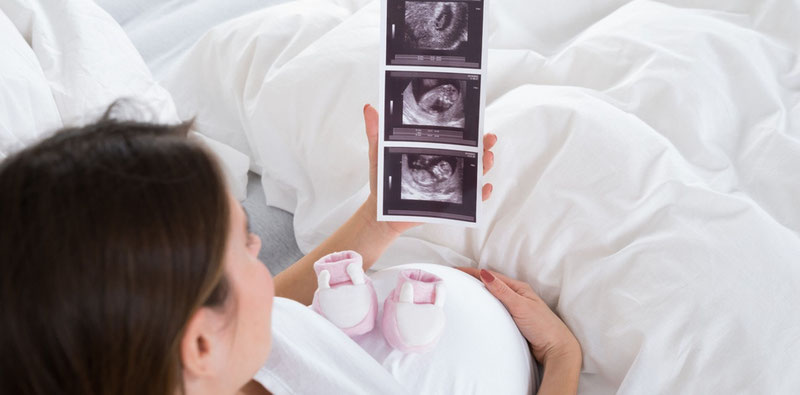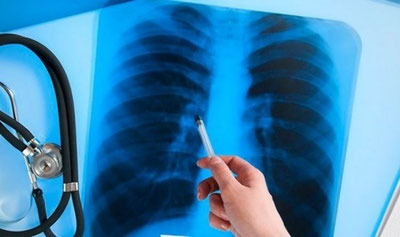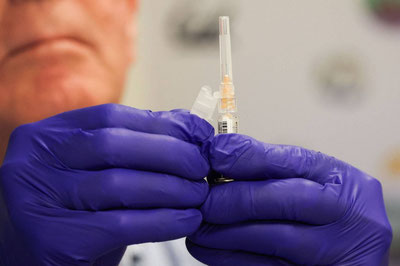For this reason, it is extremely important for women to undergo the necessary medical examinations in a timely manner during this period. This helps in preventing the development of congenital and genetic diseases in the fetus.
So, what kind of screening tests should pregnant women undergo?
The Press Service of the Ministry of Health provided this information.
— Through prenatal screening, before childbirth, it is possible to assess the health of the fetus and identify the risk of developing genetic diseases, — says specialist Zarina Egamova. — The main goal is to prevent babies from being born with congenital defects and hereditary (chromosomal) diseases.
Pregnant women undergo prenatal screening tests in two stages.
In the first stage, expectant mothers are covered with mass ultrasound examinations. At this stage, those whose fetuses are identified with congenital defects are placed in the "risk group". Such examinations are carried out three times in the prenatal screening rooms of district (city) central multi-specialty clinics.
The first examination is conducted between the 10-14 weeks of pregnancy, the second time between the 16-20 weeks, and the third time between the 28-32 weeks to detect congenital defects and assess the functional state of the fetus.
What happens to women who are placed in the "risk group" based on the first stage examination?&strong>
They undergo second-stage prenatal examinations in the territorial branches of the Republican specialized scientific and practical medical center for maternal and child health in the Obstetric and Prenatal Screening Department between the 16-20 weeks of pregnancy. The woman goes to this institution with a referral from the clinic and a copy of her medical card reflecting the results of previous prenatal ultrasound examinations.
Here, ultrasound and biochemical screening tests are performed, and if there is a high risk of the fetus being born with chromosomal syndromes, invasive tests (chorionic villus sampling, placentocentesis, cordocentesis) are conducted, followed by genetic analysis of fetal cells and other examinations.
A medical-genetic conclusion is given to the expectant mother based on the results of the second-stage prenatal screening.
If congenital developmental defects and hereditary (chromosomal) diseases are present in the fetus, the woman is referred to the relevant clinic with the medical-genetic conclusion. This conclusion is presented for review to the Medical Advisory Commission of the district (city) central multi-specialty clinics.
The Commission provides the pregnant woman and her close relatives with detailed information on the results of the prenatal screening tests, identified congenital developmental defects, future implications, treatment methods, the level of associated risks, available medical treatments, and their effectiveness.
Only then do the pregnant woman and her close relatives make an informed decision.
In this sense, expectant mothers should pay serious attention to undergoing each examination on time during pregnancy.






